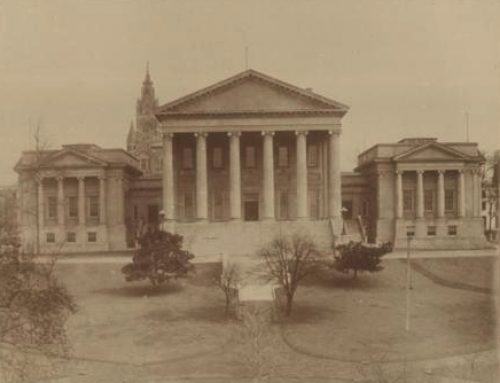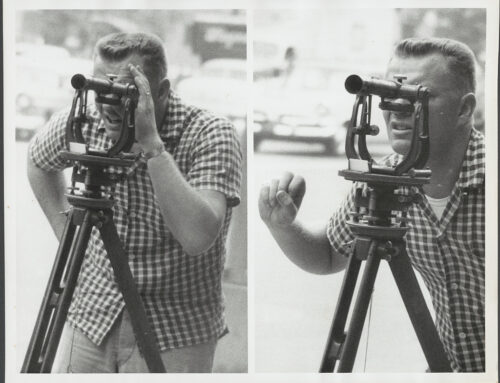A pending proposed amendment to Virginia Supreme Court Rule 4:5(b) could have substantial impact on complex litigation in the Commonwealth of Virginia. More importantly, if this change is enacted, it may result in unintended effects in eminent domain cases, making what is already very costly litigation even more expensive.
The Advisory Committee on Rules of Court in Virginia has solicited public comment on the following addition to Rule 4:5:
Rule 4:5:
* * * *
(b) Notice of Examination: General Requirements; Special Notice; Production of Documents and Things; Deposition of Organization.
* * * *
(4) Unless otherwise agreed to by the parties or otherwise provided by court order or by law, generally only the witness, the parties, their respective counsel including such counsel’s staff, experts identified pursuant to Rule 4:1(a)(4)(A), and those involved with the administration of the deposition (such as court reporters and translators) may attend the deposition, given the private nature of discovery. Counsel of record for the parties and counsel for any non-party deponent must timely confer regarding any other attendees who are requested by a party or by the deponent to be present at the deposition, or any persons a party wishes to have excluded, and any objections must be presented to the court prior to the deposition for decision in the court’s discretion.
In simplest terms, this amendment would do four things:
1. Identify who is presumptively eligible to attend discovery depositions and include designated experts on this list;
2. Tacitly exclude any other observers who are not on the list;
3. Leave the door open to the possibility of additional observers and invite disagreement among the parties and counsel by use of the word “generally”; and finally
4. Require counsel to confer over “other attendees” and provide for a judicial ruling in the case of disagreement.
Under the current Rule, planning and scheduling discovery depositions in complex litigation can be difficult and sometimes contentious. Clients and the courts are likely not aware of the amount of staff time (and sometimes attorney time) required to get depositions on the books. The proposed Rule amendment invites additional contention and, with the inclusion of expert witnesses as “by right” observers, that process will become an even bigger logistical nightmare. Presently, our staff must clear calendars of all counsel, all parties, and the deponent when seeking an available date and time. Add to that the calendars of multiple busy experts, and the process could conceivably break down altogether, particularly if a party has the right to object to the occurrence of a deposition if its experts are not present. This proposed change would take a difficult procedure and make it worse.
The consequences of this proposed change to eminent domain depositions could be severe and comprehensive. Landowner and condemning authority attorneys in Virginia frequently disagree over what expert fees are reimbursable to the landowner under the current rules. If the proposed change is enacted, the landowner could insist that its appraisers and other experts be present for the deposition, and then claim their hourly rate (which sometimes approaches $500 per hour) be reimbursed by the condemning authority when its own experts are deposed. Disparate rulings by circuit court judges, both between and within jurisdictions, could further complicate this issue.
Finally, this proposed change could circumvent—if not eviscerate altogether—the witness separation rule. At the outset of trial, counsel may move the Court to separate witnesses so that one side’s fact and expert witnesses are not observing what the other side’s witnesses say prior to giving their own testimony. This is a longstanding rule that is invoked at the outset of almost every trial, and for good reason. Opposing experts are frequently deposed on the same day, one right after the other. In other words, the condemning authority’s expert may be deposed, followed immediately by the landowner’s expert. Under the proposed Rule change, the landowner appraiser could sit through the opposing appraiser’s deposition, observing the proceeding in its entirety, immediately before giving his or her own. This could have substantial consequences on the testimony of the second appraiser.
Moreover, what if one party’s appraiser is giving a de bene esse deposition intended to be used at trial? The landowner appraiser could observe the de bene esse deposition of the condemning authority appraiser in its entirety, well before trial. This would have the effect of completely eviscerating the witness separation rule, as the de facto result is one witness being allowed to observe the trial testimony of another before giving his or her own.
In summary, this proposed Rule change would likely exacerbate what is already a difficult process, invite contention, and ultimately result in higher costs and more trips to court.






Leave A Comment